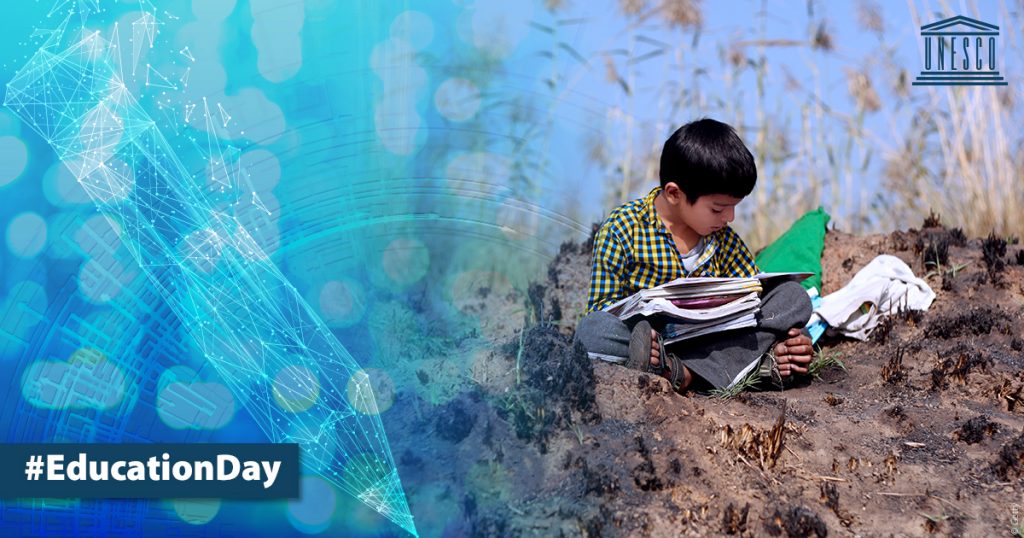As we mark International Day of Education, David Atchoarena urges countries to redouble their efforts to ensure no one’s right to education is denied

Today is International Day of Education, a moment not only to celebrate education’s powerful contribution to sustainable human prosperity, progress and peace, but also to assert its wider value – as a human right and as an important public good.
It is an opportune time to consider both what we have achieved in realizing the right to education and how far we have to go to ensure this right is realized for every woman, man and child, wherever they live in the world, whatever their background or personal circumstances.
The global challenges we face are enormous. Some 258 million children and youth still do not attend school, four million children and youth refugees are out of school, and 773 million adults around the world cannot read or write, most of them women. In too many cases, disadvantaged and marginalized groups remain excluded from participation in adult learning and education, as the new UNESCO Global Report on Adult Learning and Education points out. Their right to education is being denied. This is unacceptable. Continue reading


